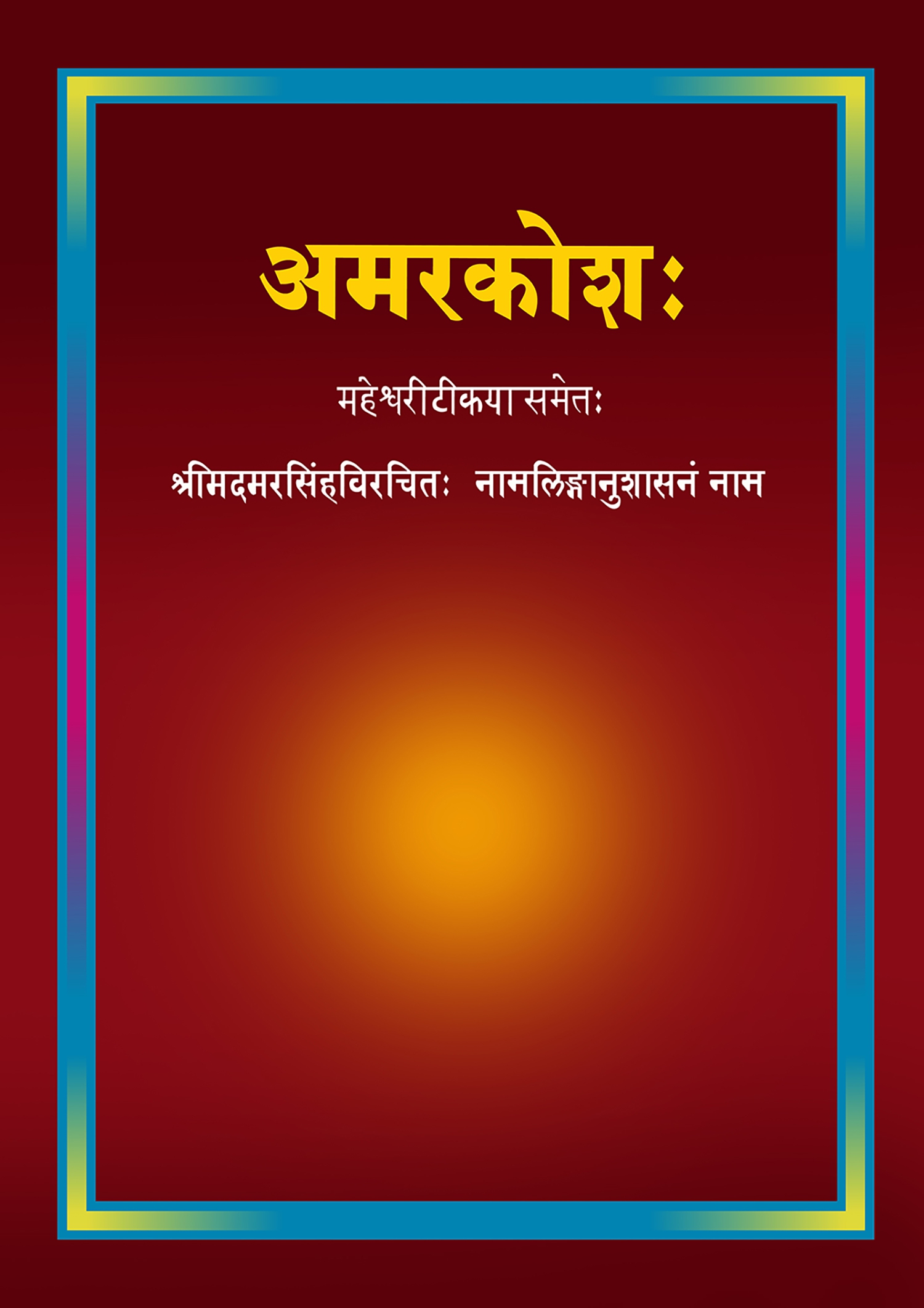There are two works of major importance, one is a glossary by Amara (also known as Amarasimha) a Buddhist and reputedly one of the nine gems at the court of legendary king Vikramaditya. His work entitled the kosha or treasury, and also known as Amarakosha, occupies the same dominant position in Sanskrit lexicography as Panini's work does in Sanskrit grammar. The other work on etymology, which came over five centuries later was the Abhidhana or word-book by the Jain writer Hemachandra (thirteenth century).
The Sanskrit dictionaries or koshas are collection of rare words or signification for the use of poets. They are all versified; but alphabetical order is entirely absent.













